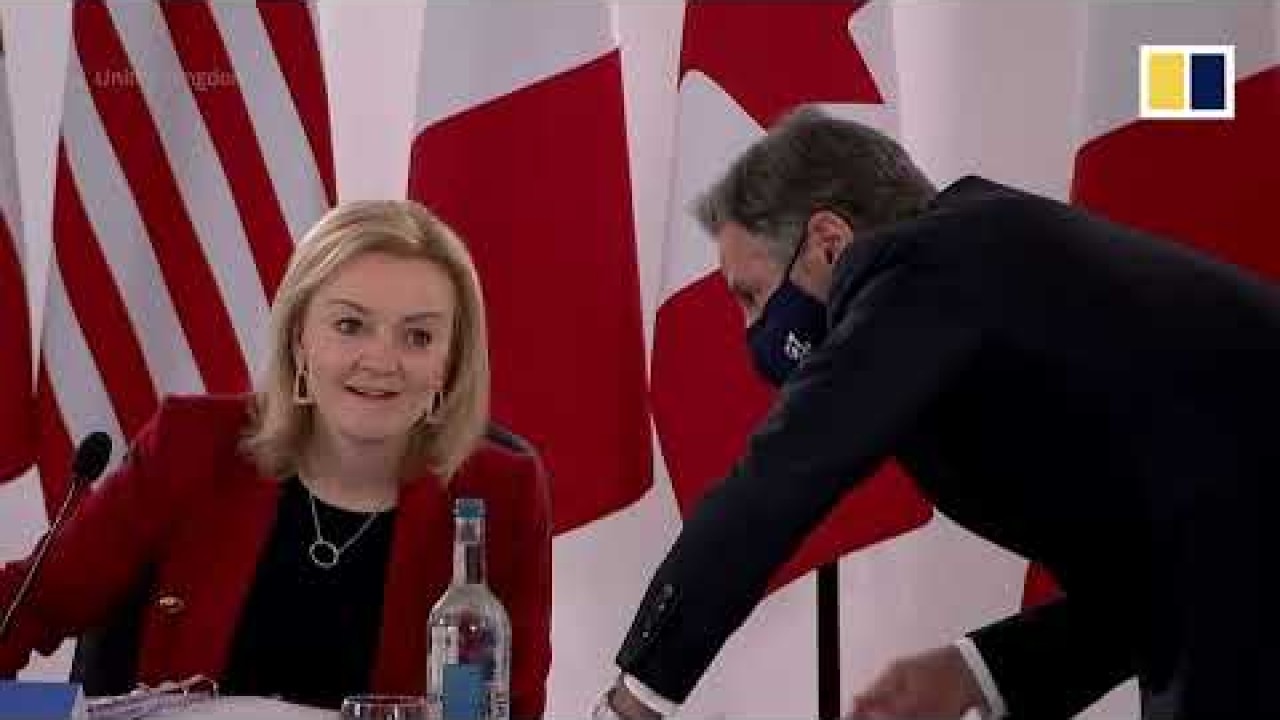
With an ailing UK economy, can Liz Truss afford to be hawkish on China?
- Despite her campaign rhetoric, the new prime minister understands that crisis-hit Britain cannot just blindly follow US policy on China
- With the UK outside the EU and facing a recession, she can ill afford to dismiss the economic benefits of more pragmatic ties with Beijing
However, in light of Britain’s growing economic crisis, and doubts in London about whether the US’ hardline approach to China or the European Union’s more pragmatic dealings is the right one, it remains to be seen whether Truss will follow through on her rhetoric.
Ironically, as Cameron’s education minister, in June 2014, Truss praised the establishment of Confucius Institutes in Britain. Eight years later, she is now prime minister and must define her own path in dealing with China.
If Truss were to go down that route, the implications could be far-reaching: international obligations would come into effect including, for example, imposing sanctions against China, which would restrict Truss’ options in any future dealings with Beijing.
So far, London has taken a fairly consistent line in its policy towards Beijing, balancing security concerns with economic opportunities.
Huawei founder’s bleak memo about the future strikes a chord in China
Both issues, coupled with Brexit, help to explain why relations between London and Beijing have steadily deteriorated. Brexit, in particular, has played a pivotal role.
After the referendum on EU membership in 2016, Theresa May, a security-conscious China hawk, took over from Cameron. With Britain severing its close ties to its primary economic partner by leaving the European Union, it was necessary to strengthen relations with the US to balance the loss.
Meanwhile, since the Obama years, the US had begun to realise that China was increasingly capable of challenging American supremacy, culminating in Donald Trump’s trade war – and one of the last agendas able to produce bipartisanship in a profoundly divided nation: demanding a united front from Washington’s partners against Beijing.
While the US sees China as the primary challenger to its hegemony, Europe has shown a greater degree of pragmatism and realises that it is necessary to deal with Beijing to maintain economic prosperity.
India tops UK as world’s 5th-largest economy, but is a ‘reality check’ needed?
So, the question arises: why not forge a more independent China policy, focusing on core national interests?
Truss, despite her rhetoric, must realise Britain has little to lose by pursuing deeper economic ties with China. The fact that the Biden administration has been reluctant to negotiate a trade deal with the UK is exhibit A. Moreover, why should Britain suffer economically for loyalty towards the US while EU states benefit from their dealings with China?
Thomas O. Falk is an independent journalist and political analyst


